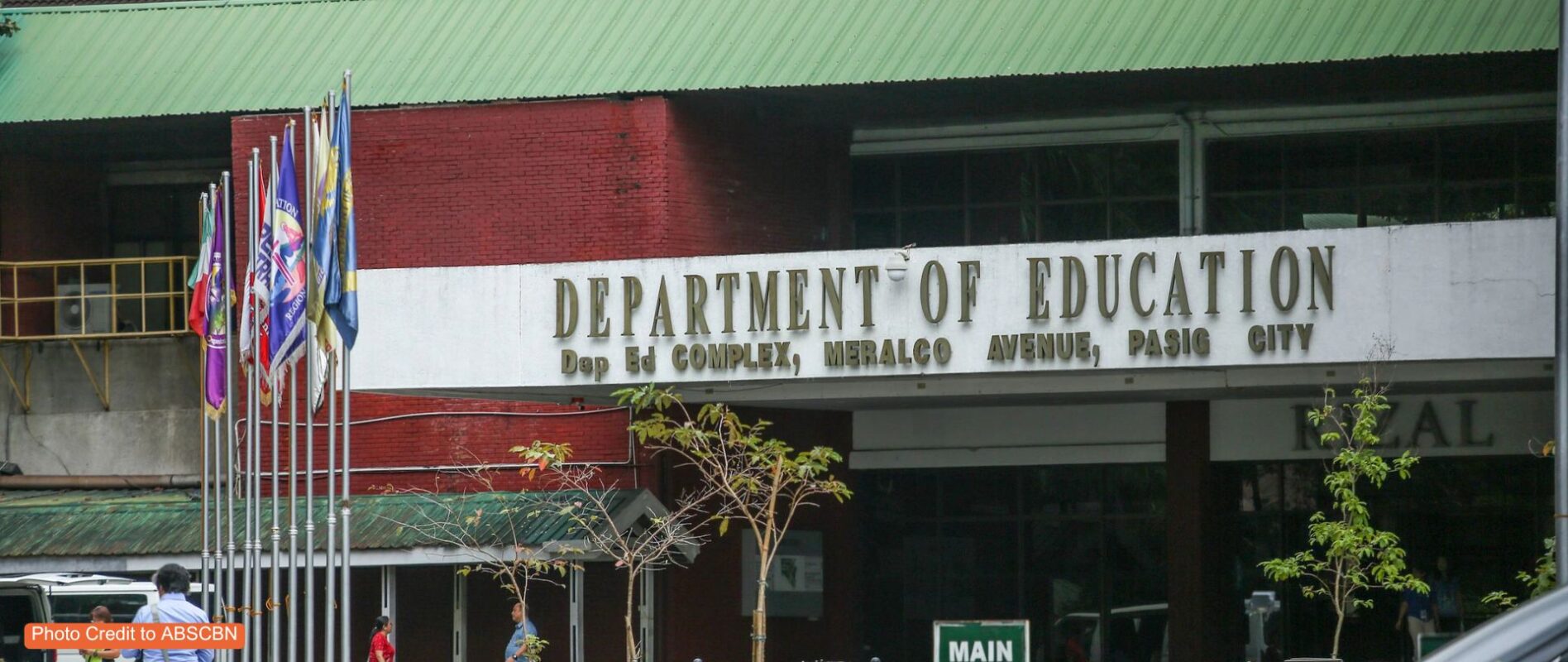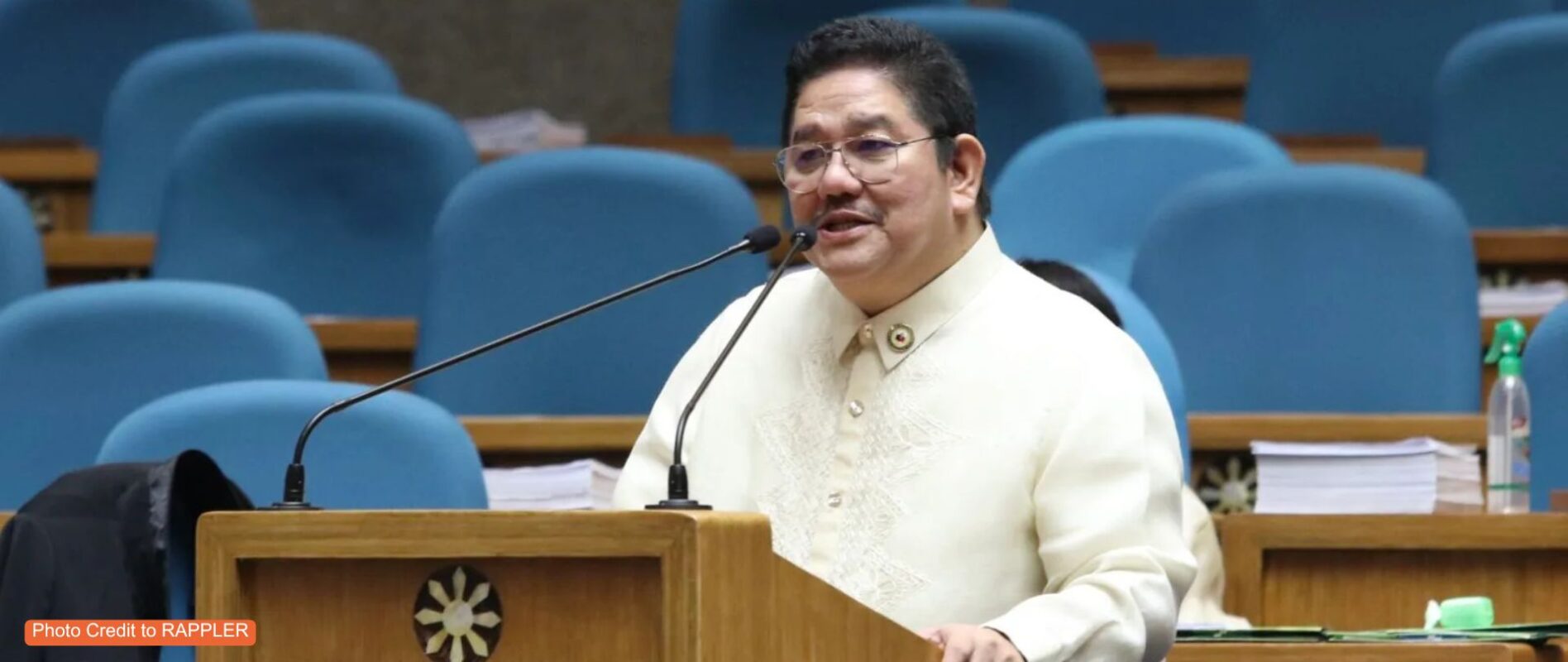DECEPTIVE IMAGERY
“The decision to employ misleading imagery in the video campaign is a blatant betrayal of public trust and undermines the integrity of the department. In light of these revelations, it is imperative that we hold the Department of Tourism accountable for their deceptive practices.”
The Department of Tourism’s (DOT) recent utilization of stock footage in its promotional video for the “Love the Philippines” tourism campaign has sparked controversy and outrage among citizens and tourists alike. The campaign was supposed to be a celebration of our nation’s cultural heritage, natural wonders, and warm hospitality. However, the revelation that the video incorporated stock footage from other countries is a blatant betrayal of the campaign’s objective. Clearly, DOT’s decision to use these misleading visuals not only deceives potential visitors but also undermines the very essence of promoting our nation’s unique identity.
The purpose of a tourism campaign is to showcase the unique attractions and beauty of a destination in the Philippines. However, by incorporating stock footage into their video, the DOT has betrayed the trust of both the Filipino people and potential tourists. The use of stock footage, which represents places other than those being promoted, is misleading and falsely portrays the Philippines as something it may not be. This ultimately undermines the credibility of the campaign and erodes the public’s confidence in the department’s ability to present an accurate representation of the country.
One of the most compelling aspects of any tourism campaign is its ability to highlight the authenticity of a place. The decision to use stock footage undermines this authenticity by presenting a false image of the Philippines. It disregards the unique culture, landscapes, and experiences that make the country special, favoring generic imagery that could be representative of any destination. By doing so, the DOT risks diluting the distinctive identity that sets the Philippines apart from other countries.
The use of stock footage in the “Love the Philippines” campaign calls into question the credibility and competence of the DOT. This incident reveals a lack of attention to detail, research, and oversight in their promotional efforts. If the department cannot even accurately represent the beauty of their own country, how can they be trusted to effectively promote it to potential tourists? The tourism industry plays a crucial role in the economic growth of a nation, and the DOT must be held to the highest standards to ensure the trust of visitors and the local community.
The “Love the Philippines” campaign contracted DDB Philippines for a staggering 49 million pesos. This substantial sum was intended to cover market research, key visuals and logos, branding guidelines, and five audio-visual presentations across various media platforms. Such a significant financial investment warrants scrutiny to ensure that public funds are used prudently and efficiently. However, the decision to incorporate stock footage from other countries instead of utilizing locally captured content raises serious questions about the responsible use of taxpayers’ money. This mismanagement not only wastes public funds but also erodes public confidence in the Department’s ability to make prudent financial decisions.
Compounding the concerns regarding financial management, the DOT has also announced another rebranding project estimated at a staggering 250 million pesos. This bid notice for an “entirely different” branding endeavor raises questions about the Department’s prioritization and the judicious use of taxpayer money. The magnitude of this additional budget underscores the need for stricter oversight and accountability in the Department’s spending practices.
In order to restore public confidence, the Department of Tourism must take immediate action to rectify this issue. The DOT must be held accountable for this ill-conceived and detrimental decision. While the Department claims that it was an oversight and that immediate corrective actions have been taken, it is crucial that a thorough investigation be conducted to uncover the extent of this lapse in judgment. Those responsible for this egregious mistake must face appropriate consequences to ensure that such missteps are not repeated in the future. circumstances surrounding the stock footage scandal, ensuring accountability for those responsible. Merely accepting apologies and promises of improvement is not enough; concrete steps must be taken to prevent such misrepresentation in the future.
Furthermore, the Department should reevaluate its procurement and production processes to ensure that proper checks and balances are in place. This includes a rigorous review of content and a commitment to utilizing local talent and resources in future campaigns. By doing so, the Department can regain the trust of the public and rebuild its damaged reputation.
As citizens, it is our responsibility to demand transparency, accountability, and integrity from our government agencies, especially in matters as significant as promoting our nation to the world. We must hold the Department of Tourism to a higher standard, ensuring that our tourism campaigns accurately represent the beauty, diversity, and authenticity of the Philippines.














